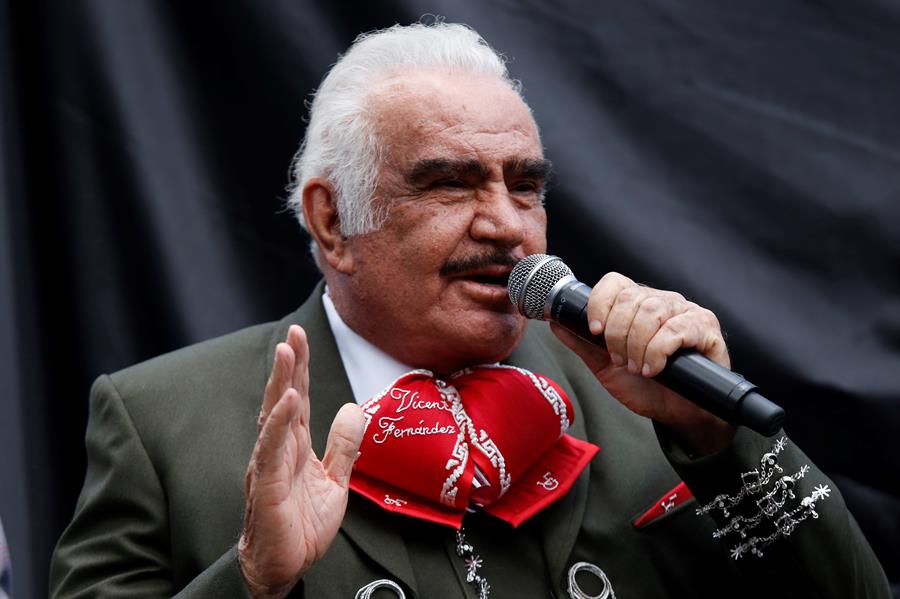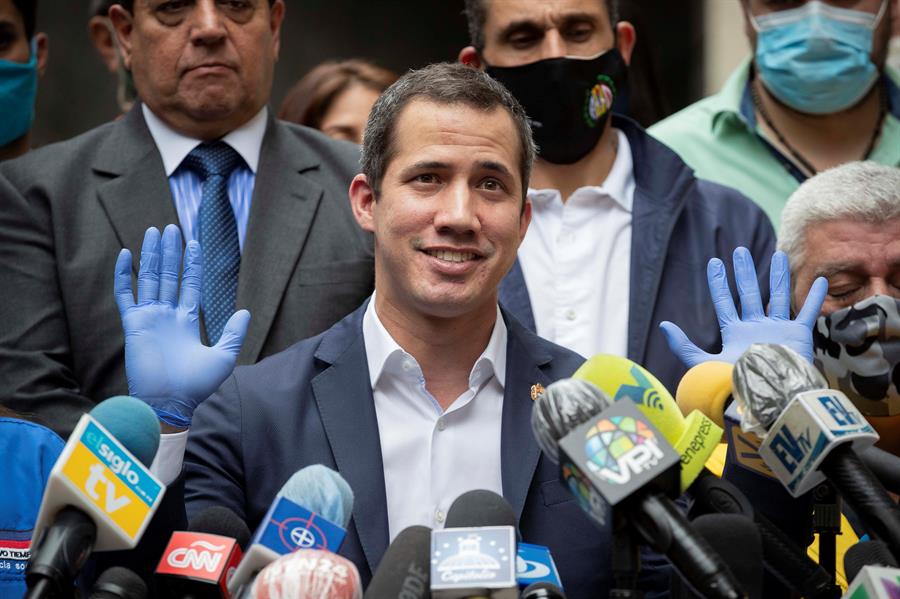In 2021 the voices of Raffaella Carrà, Franco Battiato, or Vicente Fernández were turned off, and there were significant losses in other areas of culture, such as cinema -Jean-Paul Belmondo, Bertrand Tavernier and Christopher Plummer-, or architecture, such as Richard Rogers.
A long list of farewells in which the farewell this December to the legend of ranchers, Vicente Fernández, stands out, who left a feeling of emptiness in Mexican music. Considered one of the great idols, his death put the final touch on the golden age of the ranchers, to which he contributed with great reinterpretations such as “El Rey”, or with songs like “Volver, Volver”.
This year the “Godfather of Salsa” also passed away, the Dominican Johnny Pacheco, the key to forging this music in the neighborhoods of New York in the sixties, when he founded the band “Fania All-Stars”. From Celia Cruz to Ray Barreto, among two hundred other renowned artists, were part of this label, which helped shape the Latin music of the time.

In the month of July, Raffaella Carrà passed away, a singer who marked an entire era in Italy, Spain, and Latin America, with hits such as “Fiesta” or “In love everything is beginning” and with an explosive style and great sympathy, which she cultivated especially from her role as a presenter of television programs.
Just two months before, another of the great names in Italian music, Franco Battiato, left. He had been retired from the public scene for years and left as a legacy thirty studio albums such as “La Voce del padrone” and songs that became hymns such as “Voglio vederti danzare” or “Centro di gravità Permanente”.

In March a reggae pioneer, Neville Livingston, better known as “Bunny Wailer” and one of the original members of the band “The Wailers” with Bob Marley, died.
And in August, the dandy of The Rolling Stones, Charlie Watts, one of the great drummers in history, the most reserved member of a band of excessive personalities and the “rock” of the Stones, as Paul McCartney called him.

Cinema also lost great names, with the departure, for example, of Jean-Paul Belmondo, the everlasting smile of French cinema. The actor starred from signature films of the “nouvelle vague” with Jean-Luc Godard or Louis Malle to adventure and action films such as “The man from the river” or “Borsalino”.
The filmmaker Bertrand Tavernier, with his death, left behind, in addition to thirty films, among which titles such as “Captain Conan” or “Life and nothing else” stand out for their international fame, his criticisms as an expert cinephile.
Christopher Plummer, star in “Smiles and tears” with actress Julie Andrews, also passed away in 2021 after almost a lifetime in front of the cameras, becoming the oldest actor to win an Oscar for his role in “Beginners” ( 2010) at age 82.
Cuban film director Juan Carlos Tabío, a co-author of films like “Guantanamera” or “Fresa y Chocolate “, left us 41 documentaries and fiction tapes, in addition to having been one of the banners in the history of Cuban cinema.
Known for her participation in “Harry Potter” or her role in the series “Peaky Blinders”, British actress Helen McCrory passed away this year, as did Nathalie Delon, and Paul Ritter.
The pen of the writer Anne Rice, one of the queens of gothic horror and author of the novel “Interview with the vampire” and the series of books “Vampire Chronicles” was extinguished this 2021, like the American Noah Gordon, internationally known author for his novel “The doctor”, also transferred to the cinema.
The fashion world was losing Elsa Peretti, an Italian former model and jewelry designer, as well as one of the visible faces of Tiffany & Co., A firm for which she had worked since the mid-1970s and with which she drew new codes in the Jewel Design.
Fashion also mourned the loss of designer Alber Elbaz, and Virgil Abloh, creative director of Louis Vuitton and his own firm, Off White.
2021, a tough year for the world of culture, is now reaching its last days with the death of two other great names: the British architect Richard Rogers, responsible for T4 at Madrid airport or the Georges Pompidou Center in Paris, and the American writer and journalist Joan Didion, representative of “New journalism” and owner of a sharply critical and feminist gaze.



















































































